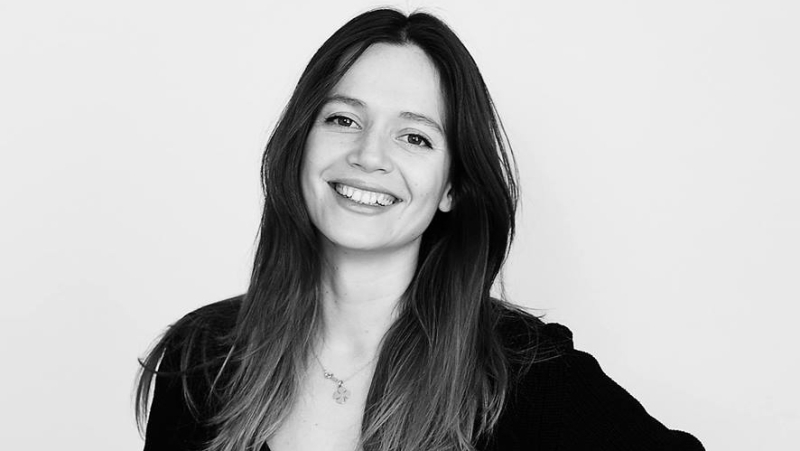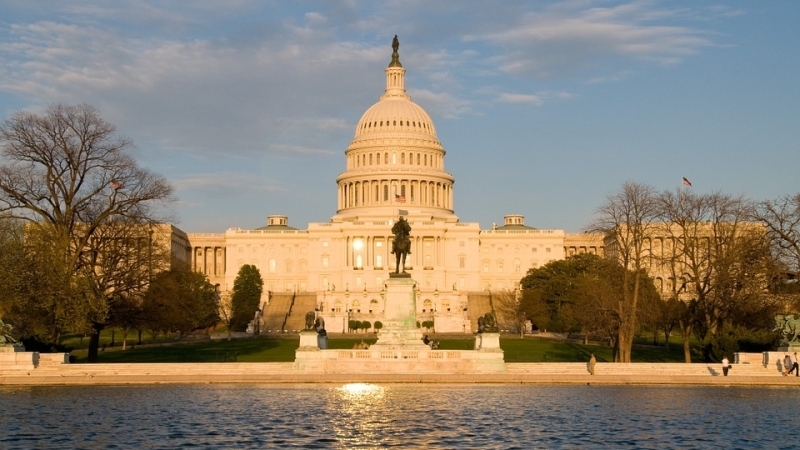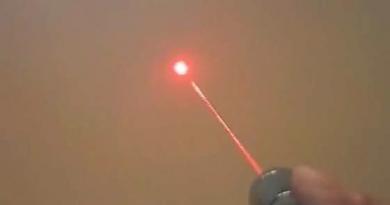I am always glad to see my fellow man, thinking about something important and lofty. In this case, the reason for joy was the journalist of "Echo of Moscow" Karina Orlova, caught by me in the pose of a thinker and wondering about the nature of Russian patriotism.
Science for the driver
Patriotism is a big subject: it couldn't fit in a pretty head. The journalist was angry (spelling and punctuation preserved).
“Every year in May, Victory Day happens, in May, Russians vacationing and living abroad participate in castings for the Walking Dead series, and once every four or six years, Putin is also inaugurated. 2018 turned out to be a real leap year in terms of patriotism - all three strong events happened. Well, here's what I thought. And where, in fact, did patriotism come from, and why is patriotism in Russia so special, unlike anything else?
I want to congratulate fellow citizens on a major achievement - our efforts to organize the "Immortal Regiment" for several years were not in vain. They served as the reason for the start of serious mental work in the head of the journalist Orlova. Some few years - and she thought about patriotism.
Let's see what she sees in his features.
“Let's start with the fact that only Russians use the word motherland (motherland, or mother land) in English to denote the word “motherland”. For Americans, as for the British, homeland is literally homeland. All other foreigners who speak English also use the word homeland.”
Really interesting. The journalist lives in America - and must know the nuances of the English language perfectly. As well as the peculiarities of national psychologies associated with these nuances.
In fact, the word "motherland" in English is quite used and even becomes the name for the series. And the word "homeland" appeared in American English relatively recently - with the aim of replacing "fatherland", which acquired negative connotations after the German "fatherland" during the Second World War. And the word means "country of origin". No more. In order for this word to begin to denote a people, culture and homeland, it must be written with a capital letter.
In principle, knowing this fact for a correspondent in Washington is by no means superfluous, since it more accurately describes the culture of the host country. But this, of course, is not a science for a lady, but for a cabman.

Verminophobia
“Absolutely correct concept: where there is a home, there is a homeland. For example, if a person left Russia for the United States on a long business trip, for a year or three, then for him, of course, the United States will be a temporary place of residence, but the house still remains in Russia. And if a person came from another country a long time ago, years ago, lives in the USA on a green card or an American passport and is not going to return, only if he visits relatives. For him, where is the homeland? Obviously, for a homeland not infected with patriotism, in this case it will be the USA, that is, where the home is. That is, where are the plans and dreams, career, family, friends. Or just where you feel at home, whatever that means. But no, imagine, Russians, including representatives of a suppressed enlightened minority, still describe Russia with the word motherland. So what is this phenomenon?
It is difficult for journalist Orlova. How is it a US green card, but motherland is still Russia? More and more deeply she has to dig into scientific treatises:
“There is no scientific explanation for the phenomenon of love for the motherland and the desire to return to it at all costs. Well, there is no such chemical in the human brain that would explain the love for the place of birth simply because it is the place of birth. And even more so if this place of birth did not bring anything good.
In the end, the journalist, desperate to somehow justify Russian patriotism, decides that this is a virus:
“Russians, including members of a repressed, enlightened minority, are not born with an extra patriotic chromosome in their heads. On the contrary, they are brought up in such a way that their homeland is mother earth. Wherever you are, son of the fatherland - whether you went as a mercenary to kill rebels in Syria, whether you shoot Ukrainians in the Donbass, or peacefully build a career and raise two kids in San Diego, realizing the American dream, there is a distant country, Russia, to which you owe birth. Not only your mother gave birth to you, but also Mother Russia. And although they are not born with the chromosome of patriotism, it is possible to plant the virus of the same name on a person.
We must save the journalist Orlova. Because verminophobia (fear of viruses) is an unpleasant, dangerous and not aesthetic thing: refusal of social contacts, refusal of food, anorexia, antibiotic abuse ... In the case of fear of the virus of Russian patriotism, this can lead to problems of self-identification, an inferiority complex, megalomania and Russophobia.

Problem with self-esteem
So, what is the Motherland for us? What does the journalist Orlova not see? Actually, the answer lies in two phrases of the citizen Orlova herself:
“Not only your mother gave birth to you, but also Mother Russia.<...>This place of birth did not bring anything good.
The journalist, of course, is ironic when she says that "not only your mother gave birth to you, but also Mother Russia." For her, this statement is absurd. But this is for the same reason that the history of the word “homeland” has remained outside of our attention. Because of the clarity of mind. After all, it is this quality that Karina most appreciates in herself.
In fact, the Motherland really "gives birth" to a person. But not in the literal sense.
The fact is that man is a social being. And in order to become a man, he needs other people. He needs emotional and social connections. Man must distinguish good from evil. He needs education and worldview. And all this is received by a person from culture.
Culture is created by the people during the entire period of historical existence, layer by layer. And we become people - those who we are - as a result of this centuries-old work. Done before us, and then with us.



